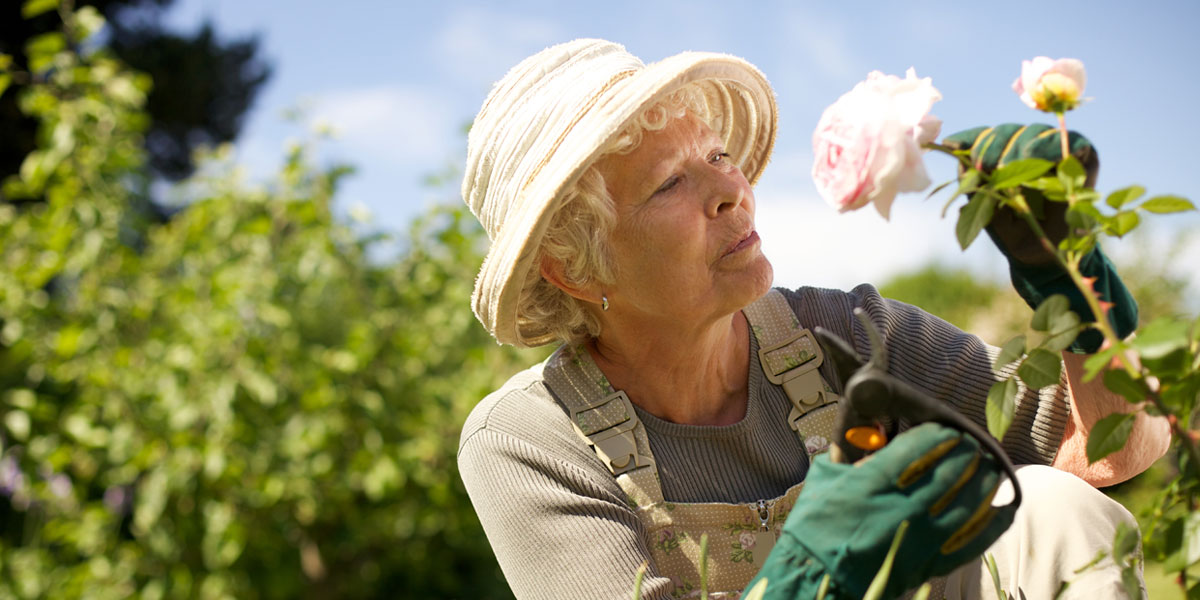
Summer Safety
Treeview Estates is on the western edge of the gorgeous Blue Mountains, with so many reasons to get outdoors and enjoy the summer sun. Whether it’s a day trip to explore the region, or an afternoon in the garden, we definitely spend more time outdoors during the summer months here. While the sunshine boosts our Vitamin D and our mood, it’s important to remember to take precautions when you’re out in the summer sun and heat.
The summertime heat can have significant risks for older people, such as dehydration and sunburn. Dr. John Dearin has run General Practice Lithgow since 2000 and has practiced medicine for 45 years. We asked him for some practical advice for staying safe in the summer weather.
Hydration
It is important to remain well hydrated in summer, especially if you’re taking anti-hypertensive medications. The combination of dehydration and blood pressure medication can cause significant reduction in blood pressure, possibly causing people to faint and potentially injure themselves.
Signs of dehydration include thirst, fatigue, headache, and muscle cramps. Be sure to have water on hand when you’re outdoors, especially if you’re being active.
Cover Up
Covering up in summer is also important, with the risk of sunburn and chronic skin damage. This long-term damage increases the risk of skin cancer. Australia has the highest rates of skin cancer in the world due to our love of the outdoors and excessive sun exposure. You should wear a broad-brimmed hat in summer so as to protect the entire face and not just the nose with the baseball caps which I call “cancer caps” because they provide very little protection and leave the sides of the face and ears fully exposed. You should also wear long sleeved shirts and trousers along with liberal application of sunscreen to areas of skin exposed while outdoors.
Light coloured clothes are best to wear as they will help to keep you cooler out in the heat. You can ask your pharmacist or physician which sunscreen is best for you, but the Cancer Council recommends a waterproof, broad spectrum sunscreen with an SPF of at least 30. Remember that sunscreen can wipe off, so reapply every two hours or so if you’re outdoors all day. Seek out a shady place to sit when possible.
Taking the necessary precautions before heading out for the day will allow you to get the most out of the summer sun without suffering any of the possible side effects.
Thank you to Dr. Dearin for sharing his expertise with us!
